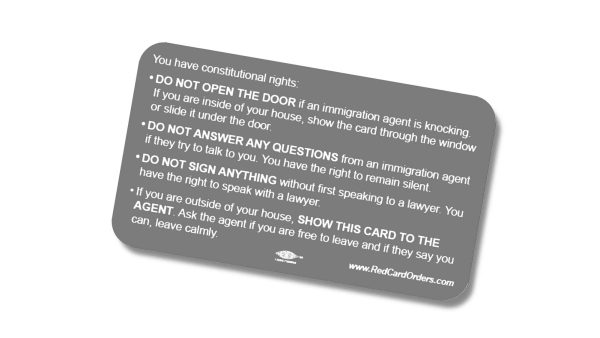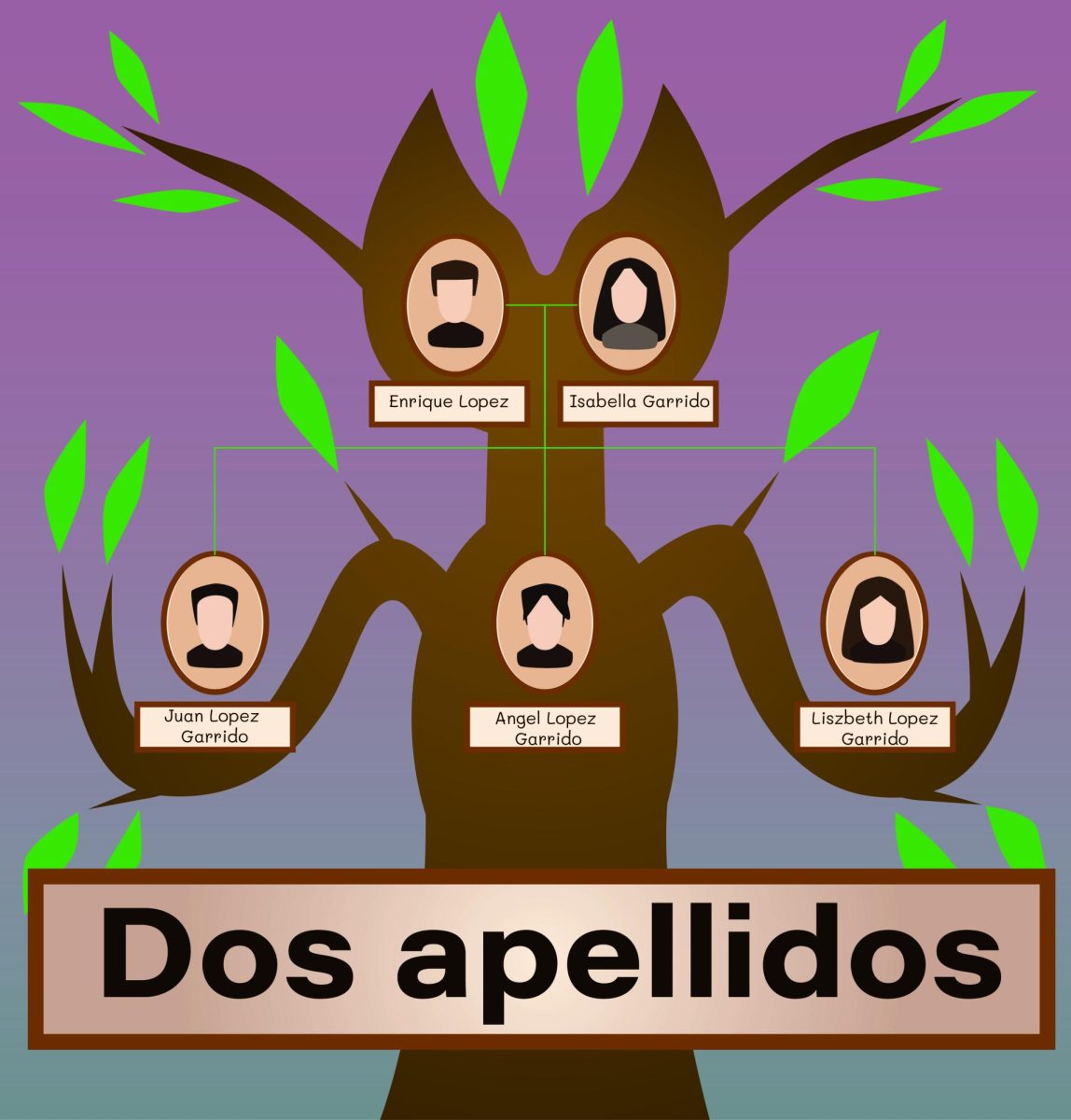With the Supreme Court’s recent decision to sanction racial profiling and today’s ever-changing political landscape, understanding constitutional rights is more important than ever. These rights don’t just apply to some; they apply to everyone living in the United States, no matter their legal status.
In the past, student organizations like Project Monarca hosted “Know Your Rights” workshops to help educate students about their constitutional rights. Project Monarca was founded at Eastfield campus in April 2024 to promote community engagement and create awareness among the student population about their civil rights.
However, with the federal government’s ban on Diversity, Equity, and Inclusion initiatives, organizations like Project Monarca have ceased to exist on campus.
There are currently two amendments to the Constitution that prevent citizens from being subjected to unlawful search and seizure and from potential self-incrimination. The Fourth Amendment to the Constitution requires warrants to be presented to enter and search private property, while the Fifth Amendment allows you to remain silent and not answer any questions that may incriminate you.

On-campus organizations like the League of United Latin American Citizens, otherwise known as LULAC, and your Student Government Association (SGA) can provide a copy of a “Red Card.” These cards help you and your family members to handle encounters with law enforcement by helping you limit interactions with law enforcement agents. Outside organizations, like the Immigrant Legal Resource Center (ILRC), provide printable “Red Cards” in forty-nine different languages.
Additionally, there are useful phone apps available that allow you to keep a virtual copy of this card, which can be used to remind you of your rights.
Apps like NAKASEC’s “Know Your Rights,” which allows you to notify your set contact if you’ve been approached by law enforcement, and “Know Your Rights Camp,” which will enable you to learn your rights based on your state and circumstance, are good resources to consider.
Whether you find yourself being pulled over for a traffic infraction or feel the need to exercise your right to protest, it is essential to be aware of your rights and the do’s and don’ts when interacting with law enforcement to help ensure better outcomes.







